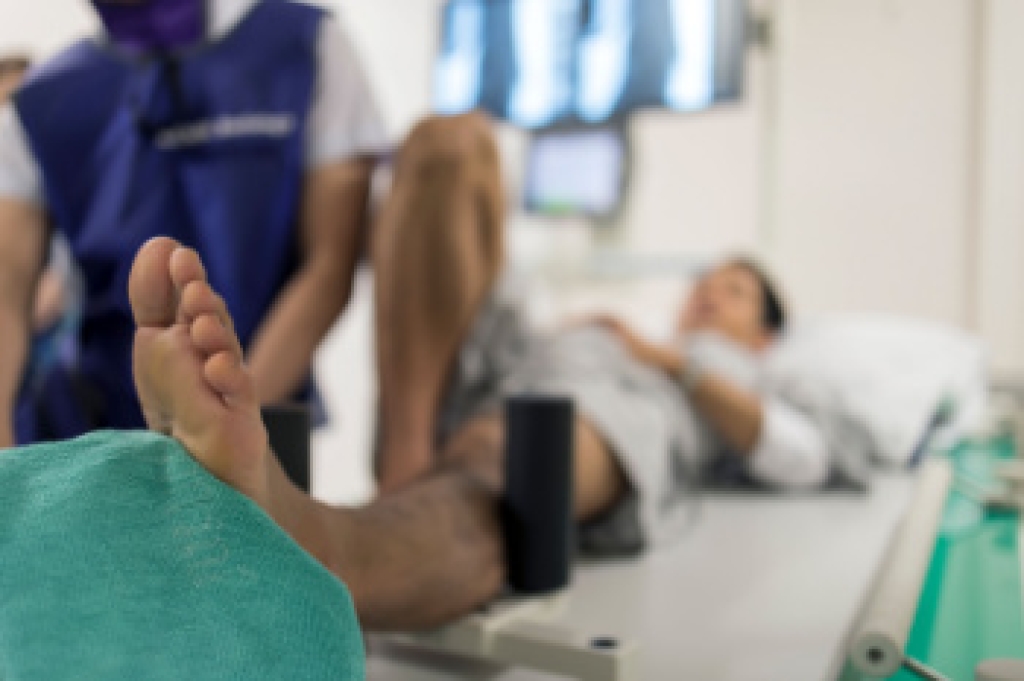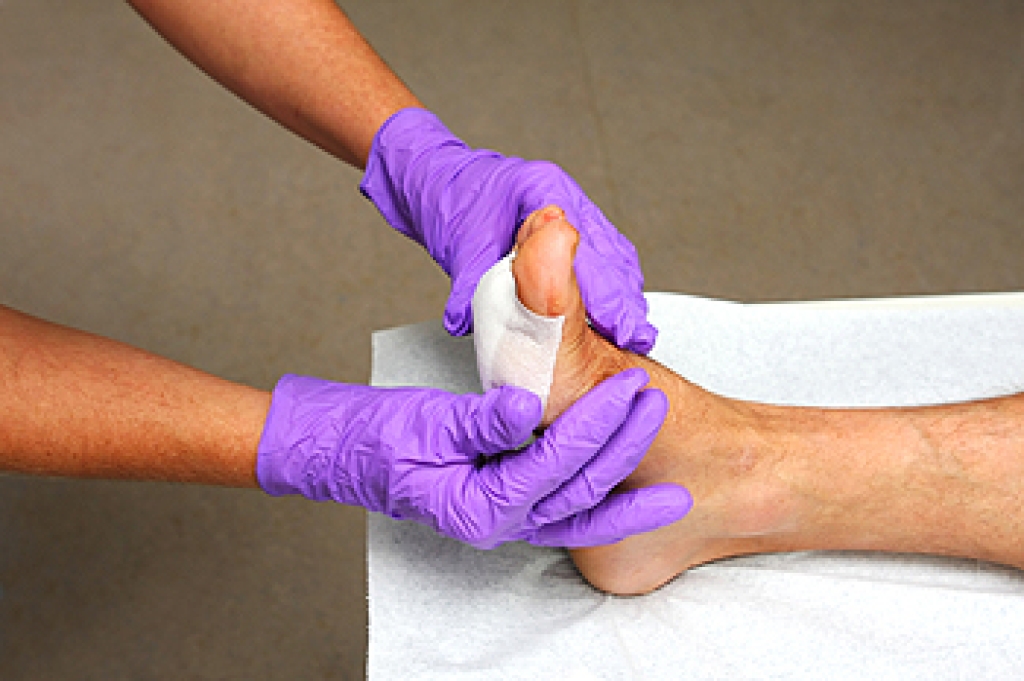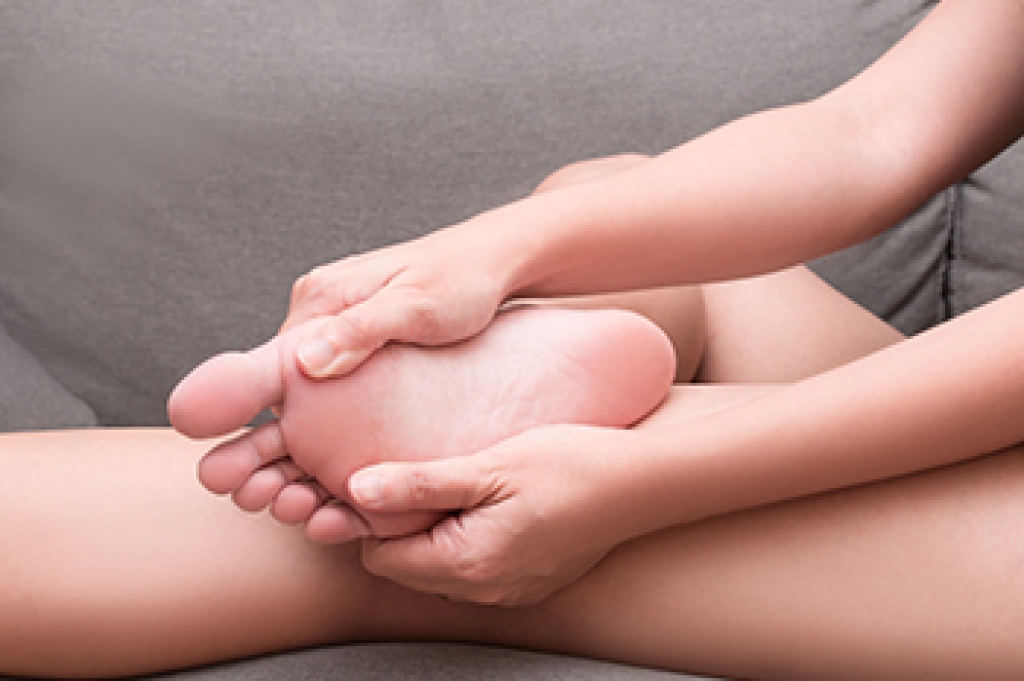
Metatarsal stress fractures are tiny breaks that develop in the long bones of the foot, usually from repetitive impact rather than a single injury. Unlike sudden fractures, these small cracks build over time, often starting as a mild ache that worsens with activity. Runners, dancers, and athletes who spend hours on their feet are especially vulnerable, but anyone who suddenly increases activity or wears shoes lacking adequate support can be at risk. Because the pain often begins subtly, many people mistake it for a bruise or simple soreness. Left untreated, stress fractures can progress into more serious injuries that take longer to heal. Rest, wearing protective footwear, and sometimes immobilization are key to recovery. Gradual return to activity under a podiatrist’s guidance helps ensure proper healing and prevents re-injury. If you have foot pain, it is suggested that you visit a podiatrist when it first starts for a diagnosis and appropriate treatment.
Activities where too much pressure is put on the feet can cause stress fractures. To learn more, contact Dr. Castillo from Bronx Foot Care. Our doctor can provide the care you need to keep your pain free and on your feet.
Dealing with Stress Fractures of the Foot and Ankle
Stress fractures occur in the foot and ankle when muscles in these areas weaken from too much or too little use. The feet and ankles then lose support when walking or running from the impact of the ground. Since there is no protection, the bones receive the full impact of each step. Stress on the feet can cause cracks to form in the bones, thus creating stress fractures.
What Are Stress Fractures?
Stress fractures occur frequently in individuals whose daily activities cause great impact on the feet and ankles. Stress factors are most common among:
- Runners
- People affected with Osteoporosis
- Tennis or basketball players
- Gymnasts
- High impact workouts
Symptoms
Pain from the fractures occur in the area of the fractures and can be constant or intermittent. It will often cause sharp or dull pain with swelling and tenderness. Engaging in any kind of activity which involves high impact will aggravate pain.
If you have any questions please contact our offices located in Bronx, NY Yonkers, NY . We offer the newest diagnostic and treatment technologies for all your foot and ankle needs.




